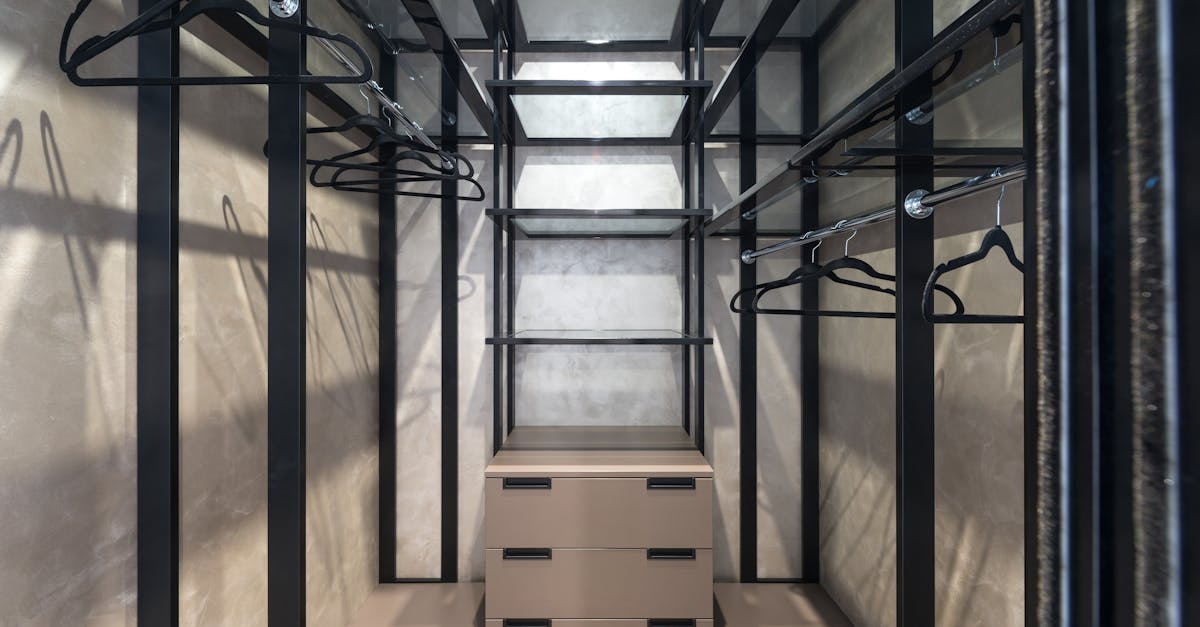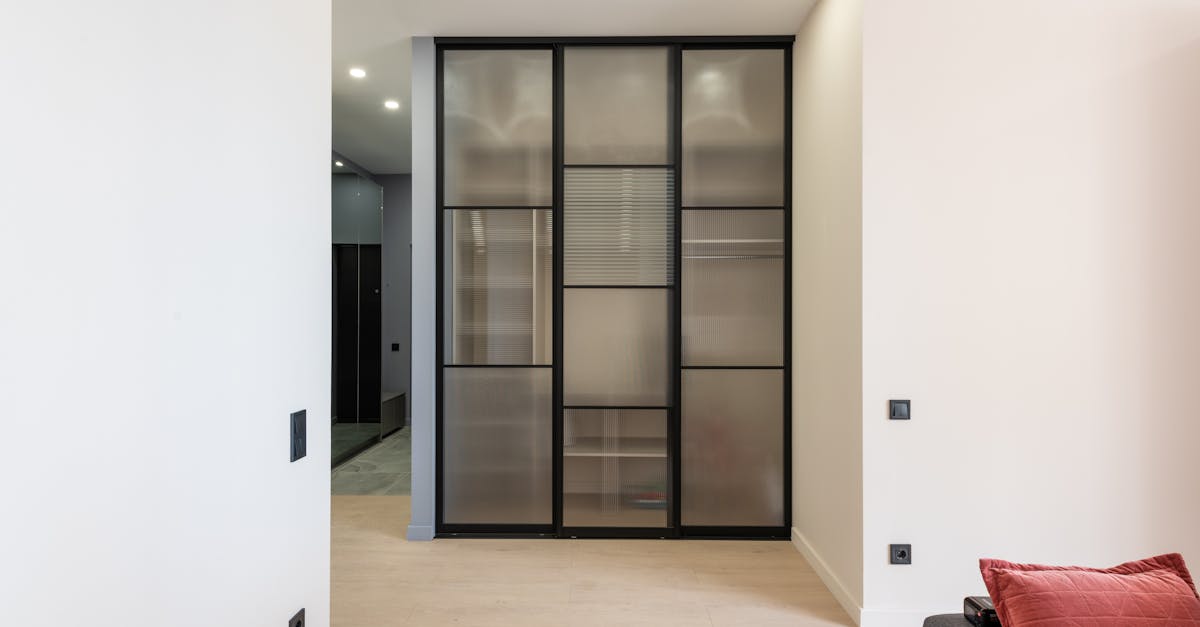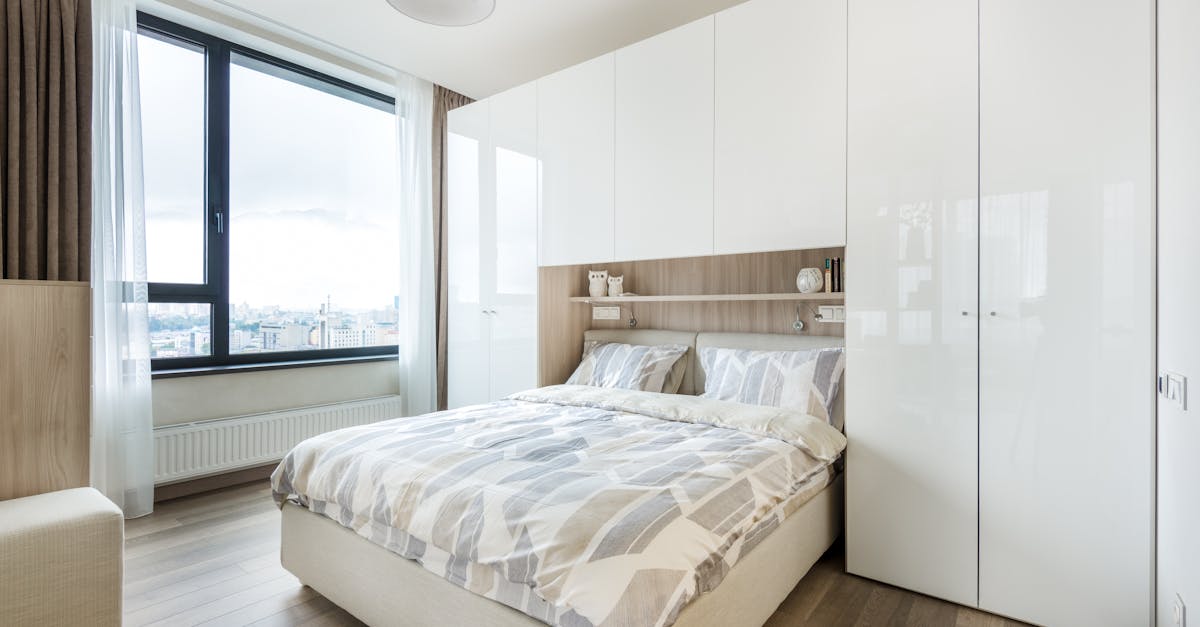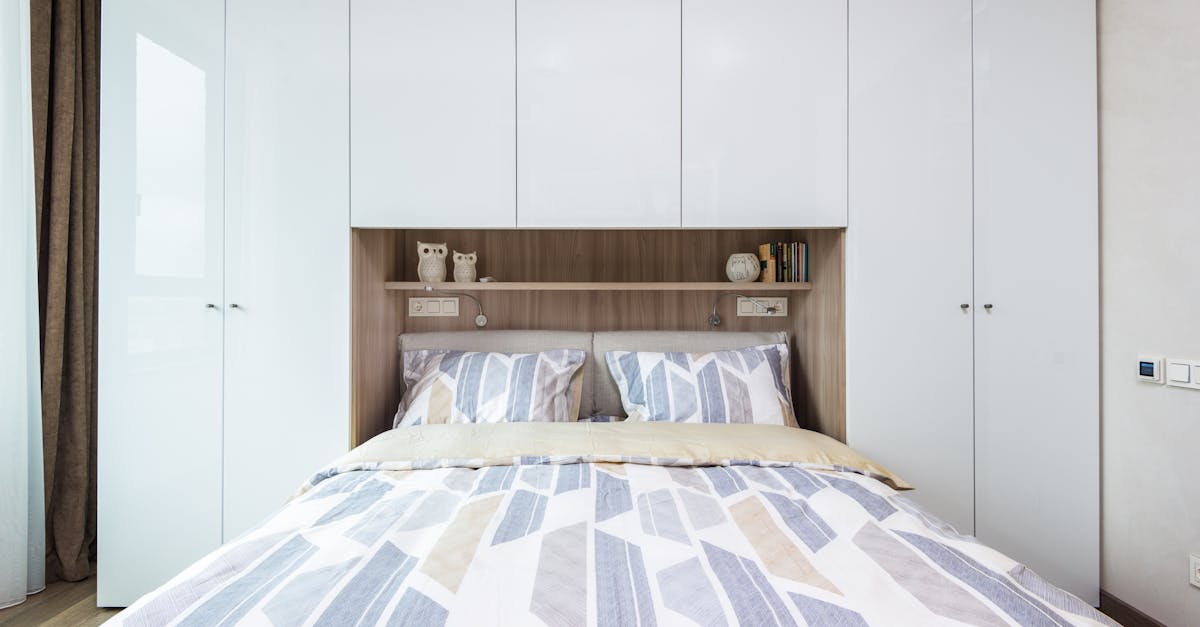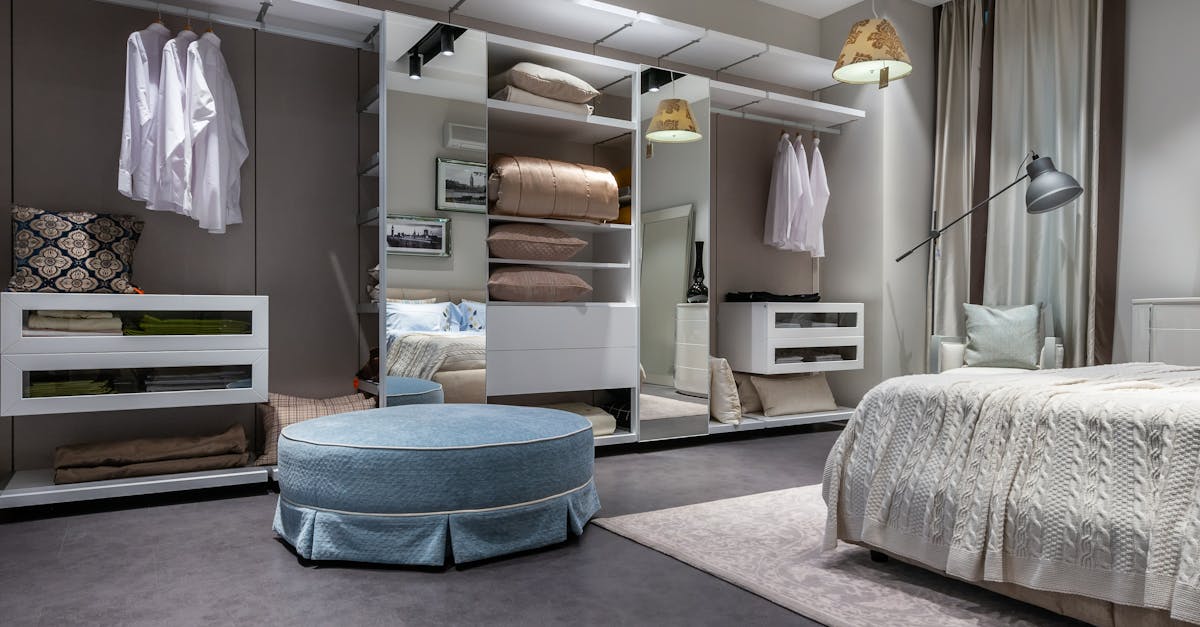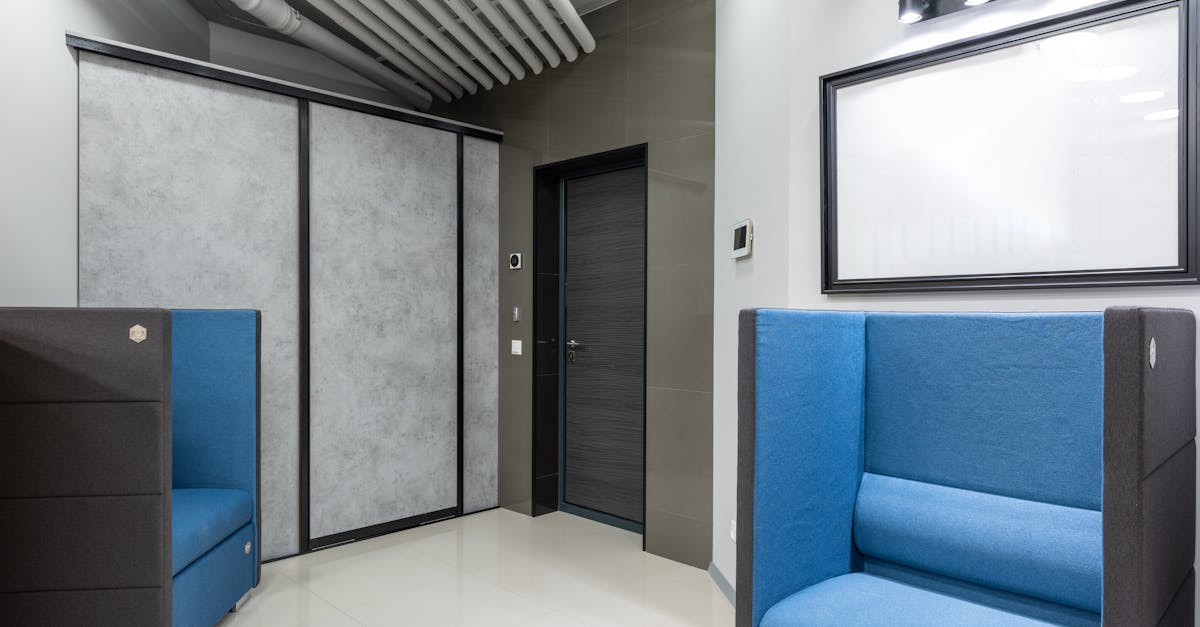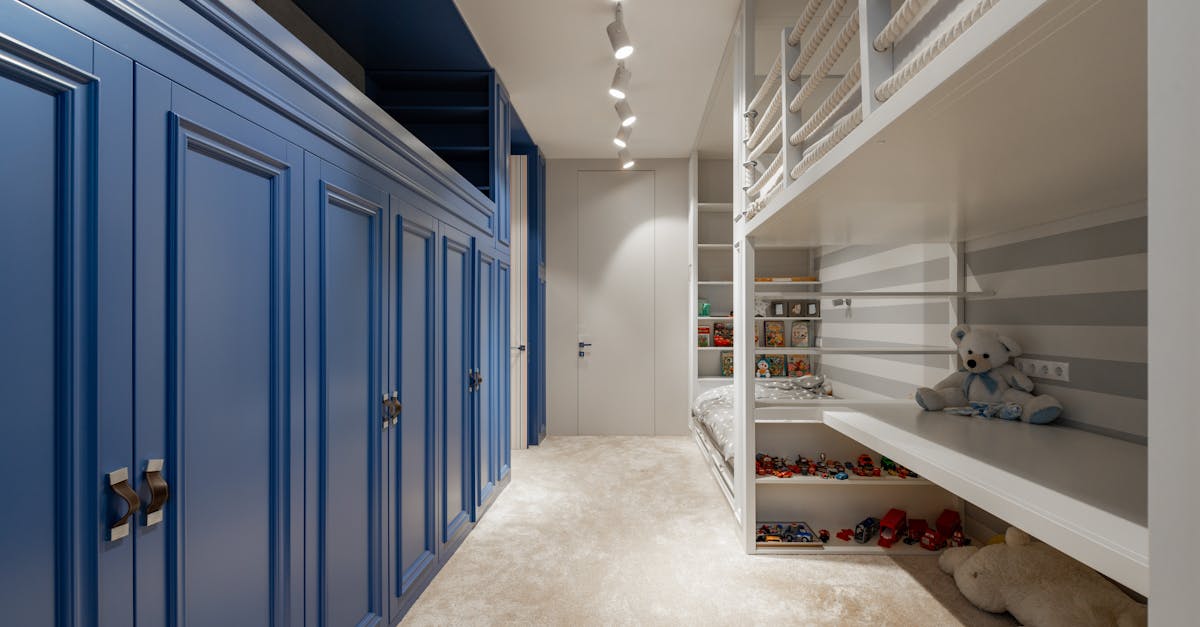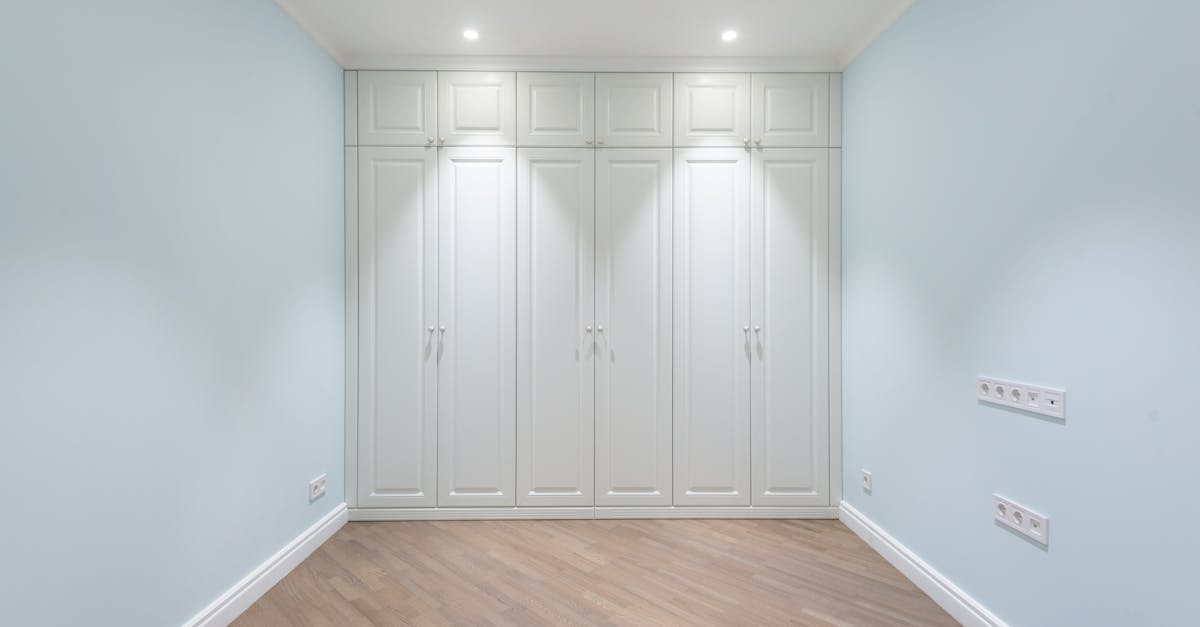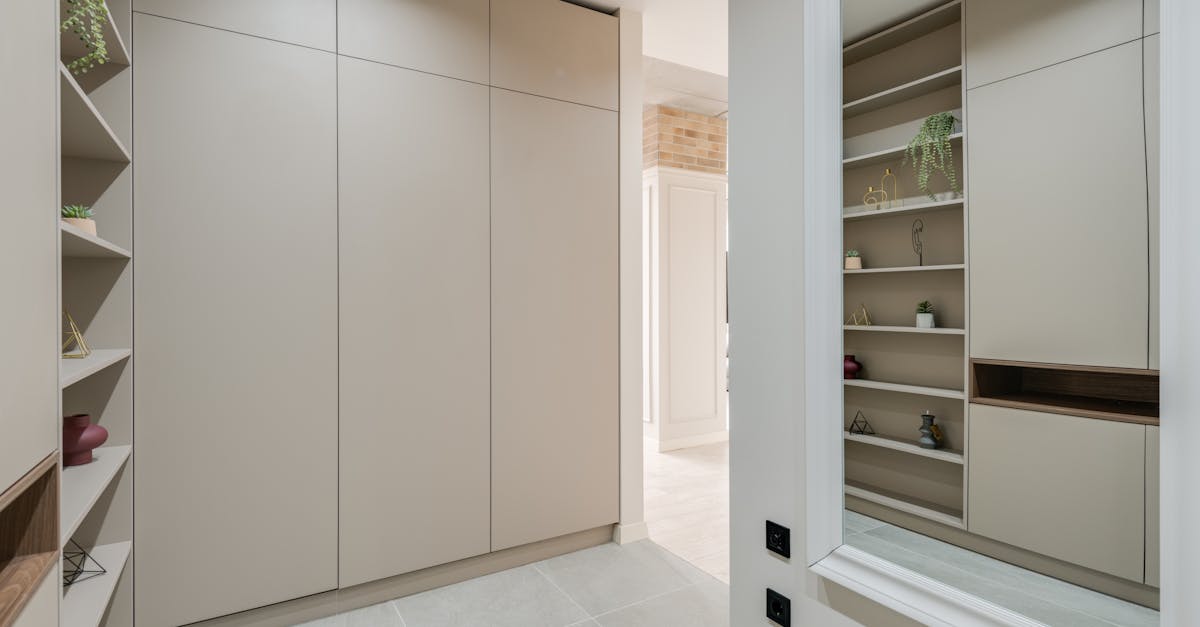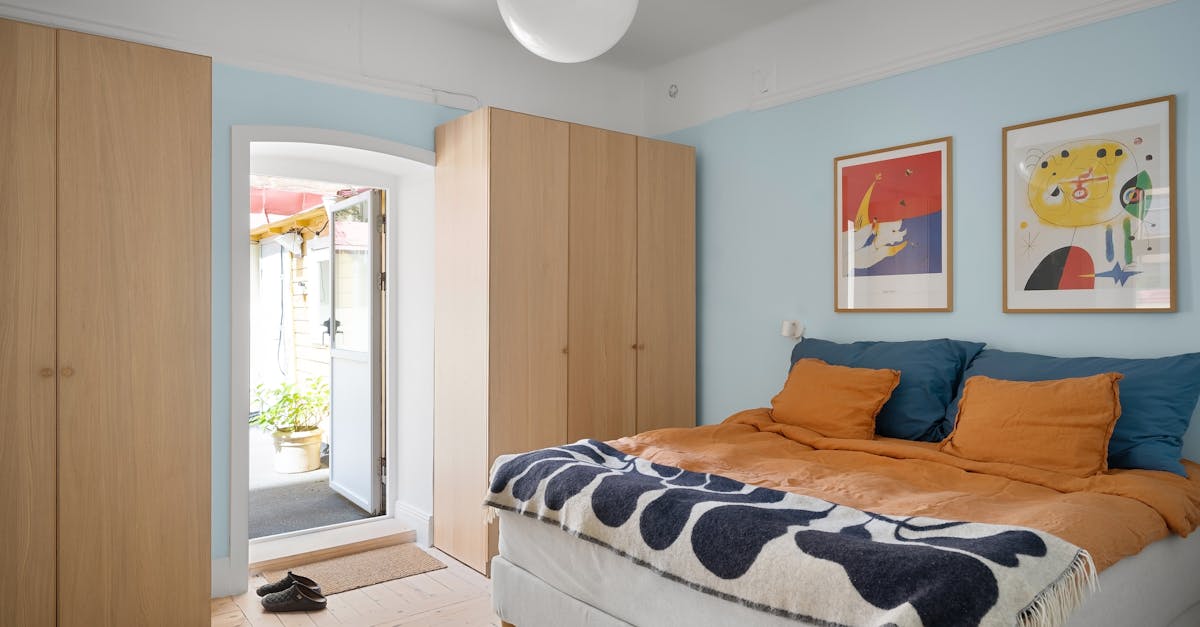
Table Of Contents
Allocating Funds for Home Office Utilities and Maintenance
When setting up a home office, it is crucial to allocate funds for utilities and maintenance to ensure a productive work environment. In St Ives, New South Wales, custom home office furniture can add both functionality and style to your workspace. Investing in quality furniture not only enhances the aesthetic appeal of your office but also contributes to your comfort and efficiency while working from home.
In addition to furniture, budgeting for ongoing maintenance costs such as electricity, internet, and cleaning services is essential for the smooth operation of your home office. Prioritising energy-efficient appliances and lighting fixtures can help reduce utility expenses in the long run. By creating a financial plan that accounts for these utilities and regular maintenance, you can better manage your expenses and ensure that your home office remains a conducive space for work.
Managing Ongoing Expenses Within Your Financial Plan
Ongoing expenses in your home office budget require careful consideration and planning to ensure financial stability. Allocating a portion of your funds towards utilities, maintenance, and other day-to-day expenses is crucial for the efficient functioning of your workspace. When setting up your budget, it's essential to factor in regular costs associated with running a home office, such as electricity bills, internet fees, and general upkeep to avoid any unforeseen financial strain.
Custom Home Office Furniture in Tamworth, New South Wales, can provide a tailored solution for your workspace needs while keeping costs within your financial plan. By managing ongoing expenses effectively and making informed decisions about utility usage, you can maintain a sustainable budget and create a productive work environment. Remember, staying diligent with your financial planning ensures long-term success and minimises financial stress down the line.
Implementing MoneySaving Strategies in Your Home Office
When setting up your home office, cost-efficient decisions can significantly impact your budget in the long run. By selecting energy-efficient appliances and lighting options, you can reduce your electricity bill while still maintaining a productive workspace. Opting for second-hand or refurbished furniture can also provide substantial savings without compromising on quality. For instance, consider exploring options such as Custom Home Office Furniture in Waverly, New South Wales, which offers a range of stylish yet cost-effective pieces to furnish your workspace.
Furthermore, embracing a paperless approach can not only save money on stationery and printing costs but also contribute to a more eco-friendly environment. Implementing cloud storage solutions and digital documentation can streamline your workflow and minimise the need for physical files. Additionally, strategically placing energy-saving power strips can help eliminate standby power consumption from devices when not in use, presenting another opportunity to reduce your electricity expenses.
Tips for Reducing Energy Consumption and Utility Costs
To reduce energy consumption and utility costs in your home office, consider investing in energy-efficient appliances and electronics. Replace old, energy-draining equipment with newer models that are designed to operate more efficiently. Additionally, be mindful of phantom power usage by turning off devices completely when not in use to prevent unnecessary energy wastage. Custom Home Office Furniture in Alexandria, New South Wales, can provide high-quality, eco-friendly office furniture options that promote sustainability and energy efficiency.
Incorporating natural light into your office space can also help reduce energy consumption. Position your desk near windows to take advantage of natural daylight and minimise the need for artificial lighting during the day. Furthermore, consider installing energy-efficient LED light bulbs to illuminate your workspace while consuming less electricity. By implementing these simple adjustments, you can lower your energy costs and create a more environmentally friendly home office environment. Custom Home Office Furniture in Alexandria, New South Wales, offers a range of furniture solutions that can complement your energy-saving efforts and enhance the overall aesthetics of your workspace.
Planning for Unexpected Expenses in Your Home Office Budget
Planning for unexpected expenses in your home office budget is crucial to ensure financial stability and peace of mind. It's important to allocate a portion of your funds towards building a contingency fund that can cover unforeseen costs that may arise. Whether it's a sudden need for repairs, equipment replacements, or unexpected utility bills, having a safety net in place can help you navigate these financial challenges without causing unnecessary stress.
One way to prepare for unexpected expenses is to review your current financial plan and identify areas where you can cut costs or reallocate funds. By being proactive and making adjustments as needed, you can better position yourself to handle any financial surprises that come your way. Additionally, investing in durable and long-lasting equipment, like Custom Home Office Furniture in Corowa, New South Wales, can help reduce the likelihood of unexpected expenses related to frequent replacements or repairs.
Building a Contingency Fund for Emergencies
Building a contingency fund for emergencies is a crucial aspect of financial planning, especially when it comes to your home office budget. Unexpected expenses can arise at any time, such as equipment breakdowns or urgent repairs, and having a safety net in place can provide peace of mind. By setting aside a portion of your budget for emergencies, you can mitigate the impact of unforeseen costs and ensure that your home office continues to function smoothly. Custom Home Office Furniture in Castle Hill, New South Wales, reminds us of the importance of being prepared for the unexpected so that you can focus on your work without being blindsided by financial setbacks.
Establishing a contingency fund involves regularly setting aside a portion of your earnings specifically for emergencies. This fund should be easily accessible and separate from your regular expenses to ensure that it remains untouched until absolutely necessary. It is advisable to review and replenish this fund periodically to adjust for inflation and changing circumstances. By proactively planning for unexpected expenses, you can navigate challenges seamlessly and maintain the efficiency of your home office setup. Custom Home Office Furniture in Castle Hill, New South Wales, underscores the significance of having a financial cushion to safeguard against unforeseen events and uphold the functionality of your workspace.
FAQS
What factors should I consider when budgeting for a home office?
When budgeting for a home office, you should consider expenses such as utilities, maintenance, equipment, furniture, and ongoing operational costs.
How can I manage ongoing expenses within my financial plan for a home office?
To manage ongoing expenses within your financial plan for a home office, track your spending, prioritize necessary purchases, and look for cost-saving opportunities.
What are some money-saving strategies I can implement in my home office?
You can implement money-saving strategies in your home office by reducing energy consumption, using natural light, choosing energy-efficient appliances, and investing in quality, durable furniture.
How can I plan for unexpected expenses in my home office budget?
To plan for unexpected expenses in your home office budget, consider building a contingency fund for emergencies, setting aside a portion of your budget for unexpected costs, and regularly reviewing and updating your financial plan.
What are some tips for reducing energy consumption and utility costs in a home office?
To reduce energy consumption and utility costs in your home office, consider using energy-efficient lighting, unplugging electronics when not in use, adjusting thermostat settings, and ensuring proper insulation in your workspace.


